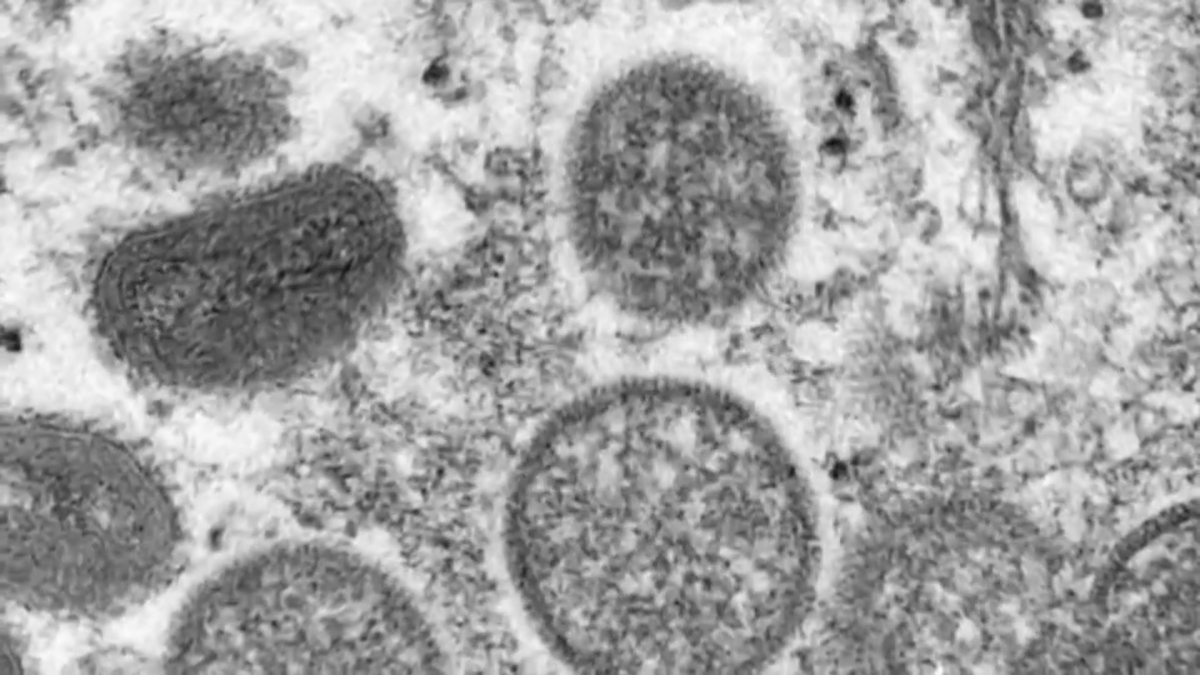While Chicago health officials stressed that the risk of monkeypox remained “low”, the city’s Department of Public Health announced it was advising the public to take precautions after five more cases were reported across the city.
In a Monday press release, CDPH confirmed that at least seven cases had been identified in Chicago, a significant increase from the two cases reported in the previous weeks. Health officials said the seven cases involved individuals who had recently traveled to Europe, and the first two appeared to be linked.
A Chicago resident was diagnosed with monkeypox after attending the Mr. International Conference. Leather, which took place May 26-30 in the city, and other cases related to the event have been reported.
Health experts say monkeypox is a rare but potentially serious viral disease that often starts with flu-like symptoms and swollen lymph nodes and progresses to a rash on the face and body. It was first observed in Africa in 1970, and is usually found in the western and central parts of the continent.
The CDC was on alert after cases of the virus were reported in several countries that don’t normally report cases of monkeypox, including the United States.
In a press release, CDPH Commissioner Dr Allsion Arwady said that although the risk was “low”, CDPH wanted the public to make an informed choice about congregating in places where monkeypox could be spread through close contact.
Individuals attending festivals or other summer events should consider the potential for close and personal skin-to-skin contact at events they plan to attend, health officials said. If a person feels sick or develops a rash or sores, CDPH recommends not attending any appointments, and seeing a healthcare provider as soon as possible.
A total of 33 states have reported more than 1,450 confirmed cases, and in the United States, 49 cases have been reported in 16 states plus the District of Columbia. Most individuals experience mild symptoms and no one dies.
“Normally, in a normal year, we would see some cases mostly in West Africa that are related to animals,” Arwady said previously. “There are animals that can carry them and we’re going to see, you know, a few dozen cases that people can get just by coming into contact with animals. And the reason for the growing interest is that at this point, there’s somewhere in 100 cases that have been identified that aren’t related to the way we’re used to seeing this has monkeypox.”
The virus is rarely fatal, and symptoms range from fever, pain, and a rash all over the body.
CDPH says person-to-person transmission is possible through “close physical contact with monkeypox sores, objects or wounds contaminated with fluids (clothing, bedding, etc.), or through respiratory droplets following direct face-to-face contact.”
–


